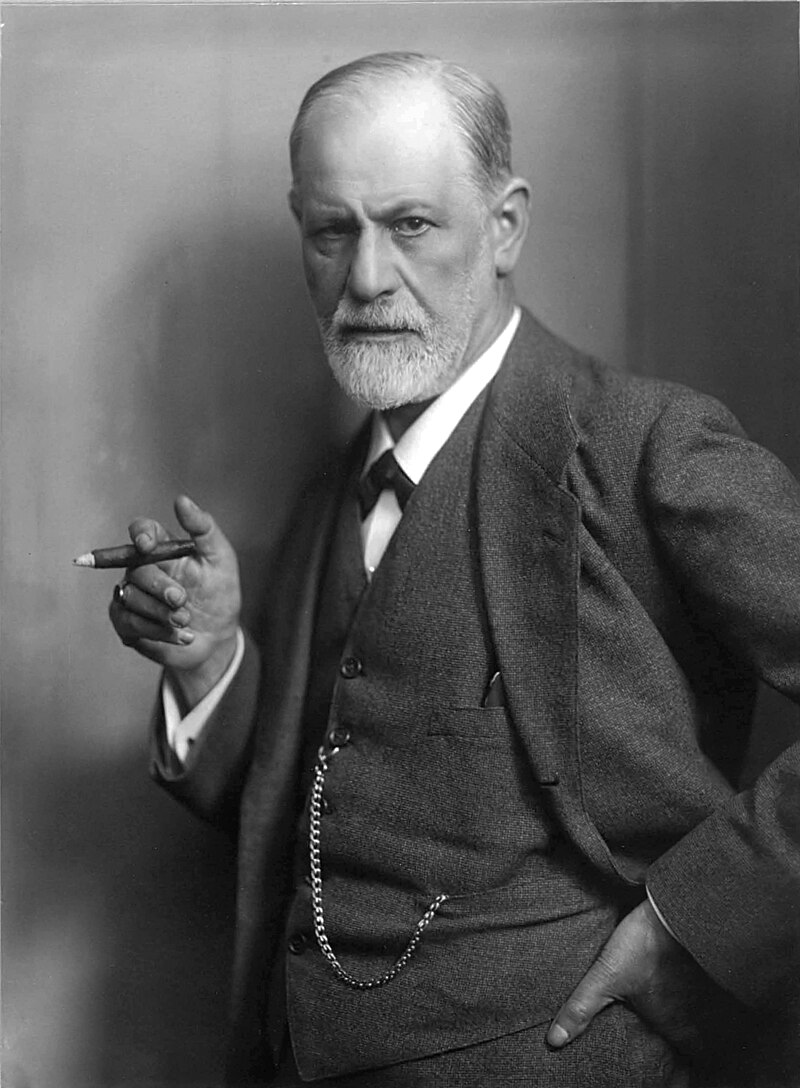Sigmund Freud, one of the world’s most renowned neurologists, was born on May 6, 1856. He is best known for his theory of psychoanalysis and his research on human personality and behavior. Much of his career was dedicated to exploring the human unconscious mind and the stages of psychosexual development. His work has even influenced our everyday language. Have you ever heard of a “Freudian slip”? This term refers to an unintentional mistake that reveals a person’s unconscious thoughts or desires, often of a sexual nature, as analyzed in his psychoanalytic theory.
Sigmund Freud was the eldest of eight children born to Jewish parents in Freiberg, a town in the Austrian Empire. He was an outstanding student, receiving numerous honors and accolades throughout his early education. At the age of 17, he enrolled at the University of Vienna, where he graduated with a medical degree in 1881. After several years working in the hospital, he resigned to open a private practice specializing in nervous disorders. Freud dedicated many years to researching the effectiveness and limitations of hypnosis in treating various disorders, as well as exploring the benefits of talk therapy.
Ultimately, Sigmund Freud’s lasting legacy lies in his development of the theory of psychoanalysis. He researched and wrote extensively about a therapeutic method designed to understand human personality and behavior. Freud introduced the concept of the human “unconscious mind” and explored how it influences impulses and reactions. He also played a crucial role in the advancement of talk therapy, facilitating communication between the patient and the doctor to treat mental health disorders. Additionally, Freud is renowned for his theories on the Oedipus Complex, his research into dream analysis, and his insights into defense mechanisms such as projection and repression, which help the mind protect itself against anxiety.
Sigmund Freud passed away from oral cancer in 1939 at 83 years old, but his discoveries, theories, and research, though sometimes considered controversial, continue to influence contemporary thought.

